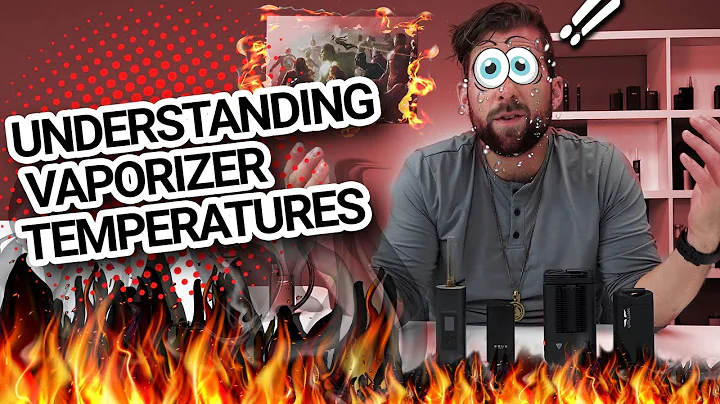Understanding Breach of Contract: Types, Implications, and Remedies
Table of Contents:
- Introduction
- Understanding Breach of Contract
- Types of Breach
3.1 Partial Breach
3.2 Material Breach
3.3 Total Breach
- Factors to Determine Materiality
4.1 Benefit Received
4.2 Adequacy of Damages
4.3 Forfeiture
4.4 Likelihood of Cure
4.5 Fault of the Party
- Effects of Material Breach
5.1 Suspension of Performance
5.2 Termination of Contract
5.3 Right to Sue for Damages
- Effects of Partial Breach
6.1 Continuation of Performance
6.2 Right to Sue for Damages
- Discharge of Contract Duty
7.1 Full Performance
7.2 Rejection of Tender
7.3 Mutual Rescission
7.4 Defenses and Excuses
7.5 Condition Non-Occurrence
7.6 Total Breach or Repudiation
- Breach of Contract under the Uniform Commercial Code (UCC)
8.1 Seller's Non-Performance
8.2 Buyer's Non-Performance
- Conclusion
Understanding Breach of Contract
Breach of contract is a common legal issue that occurs when one party fails to fulfill their obligations under a contract. In order to understand the implications of a breach, it is important to distinguish between the different types of breaches: partial, material, and total breach.
Types of Breach
Partial Breach
A partial breach occurs when the breaching party has substantially performed their obligations, but with a minor deviation from the agreed-upon terms. In this case, the non-breaching party must continue to perform their duties under the contract. However, they still have the right to sue for damages caused by the breach.
Material Breach
A material breach is more significant than a partial breach. It occurs when the breaching party fails to fulfill a substantial portion of their obligations, resulting in a significant deviation from the terms of the contract. The non-breaching party has the option to suspend their performance and seek damages or terminate the contract.
Total Breach
A total breach is the most severe form of breach. It occurs when the breaching party refuses or is unable to fulfill any of their contractual obligations. The non-breaching party is relieved of their duty to perform and has the right to terminate the contract without liability. They can also sue for damages caused by the breach.
Factors to Determine Materiality
In determining whether a breach is material or partial, certain factors need to be considered:
-
Benefit Received: The extent to which the non-breaching party has received the benefits they were entitled to under the contract.
-
Adequacy of Damages: Whether the breach can be adequately remedied with monetary compensation or if additional actions are required.
-
Forfeiture: The amount of loss or harm suffered by the breaching party if the contract is terminated.
-
Likelihood of Cure: The probability of the breaching party being able or willing to cure the breach.
-
Fault of the Party: The level of intent or negligence on the part of the breaching party.
Effects of Material Breach
In the case of a material breach, the non-breaching party has the right to suspend their performance until the breach is cured or treat it as a total breach and terminate the contract. They can also sue for damages caused by the breach.
Effects of Partial Breach
In the case of a partial breach, the non-breaching party must continue to perform their obligations under the contract. However, they still have the right to sue for any damages caused by the breach.
Discharge of Contract Duty
Contract duties can be discharged in various ways, including:
-
Full Performance: The complete fulfillment of all contractual obligations.
-
Rejection of Tender: The refusal of the non-breaching party to accept the tendered performance.
-
Mutual Rescission: An agreement between the parties to terminate the contract and be released from their obligations.
-
Defenses and Excuses: Legal defenses and excuses that may discharge a party from their duty to perform.
-
Condition Non-Occurrence: The failure of a condition to occur, which may excuse a party from their duty to perform.
-
Total Breach or Repudiation: A material breach or repudiation of the contract, which may result in termination and the right to sue for damages.
Breach of Contract under the Uniform Commercial Code (UCC)
Under the UCC, breach of contract is governed by specific rules for the sale of goods. The UCC provides remedies such as the right to cure, rejection of non-conforming goods, and termination of the contract. The perfect tender rule is applied, treating every breach as material and allowing the injured party to reject the goods and seek damages.
Conclusion
Understanding breach of contract is crucial for both parties involved in a contractual agreement. Whether it is a partial, material, or total breach, knowing the rights and remedies available can help resolve disputes or seek appropriate legal actions. The UCC provides additional guidelines for breach of contract in the sale of goods context. By navigating these principles, parties can protect their interests and ensure fair and just outcomes in contractual disputes.
Highlights:
- Breach of contract occurs when one party fails to fulfill their obligations under a contract.
- Types of breaches include partial, material, and total breaches, with varying implications for the affected parties.
- Factors like benefit received, adequacy of damages, and likelihood of cure determine the materiality of a breach.
- Material breaches allow the non-breaching party to suspend performance or terminate the contract, while partial breaches require continued performance with the right to sue for damages.
- Contract duties can be discharged through various means, such as full performance, mutual rescission, or the occurrence of a condition.
- The UCC governs breach of contract in the sale of goods, providing remedies like the right to cure, rejection of non-conforming goods, and termination of the contract.







